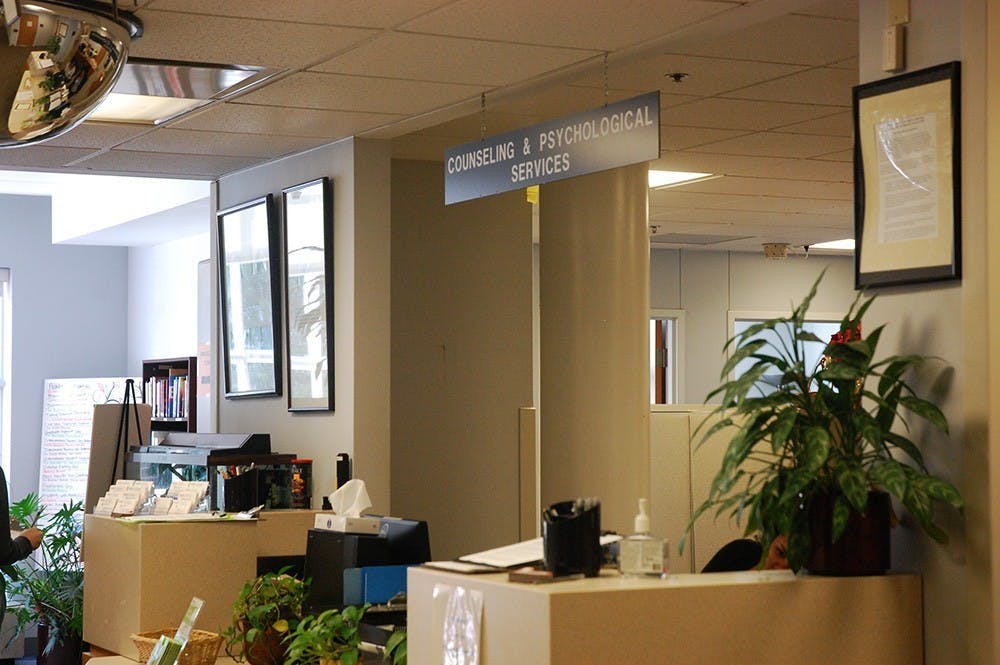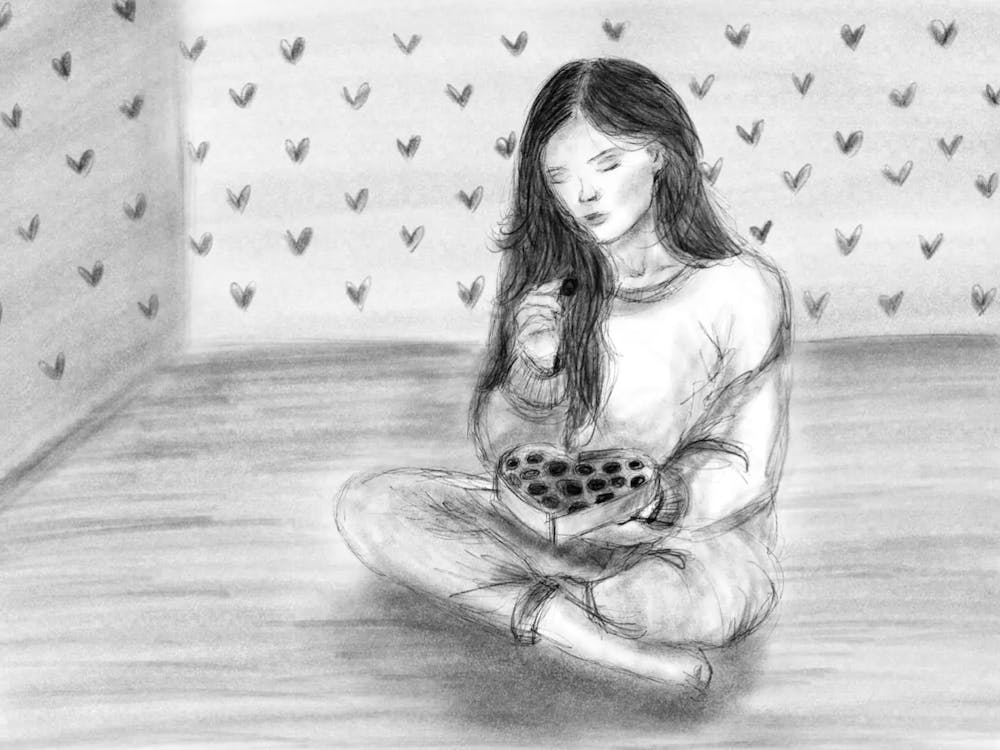As the school year progresses and workloads begin to pile up, students are starting to feel the toll of virtual learning, especially that of Zoom fatigue — the impediment of information processing due to an overuse of virtual conferencing technology that diminishes non-verbal communication learning. As undergraduates and faculty alike begin to feel the effects of the declining motivation and efficacy of video learning, stress will likely start to encroach on their mental well-being.
Fortunately, the mental health and wellness resources offered at the University have made the move online, allowing students to reach out for help even in this age of social distancing. Whether it’s for immediate crisis care from the Counseling and Psychological Service, long-term extended care from the Maxine Platzer’s Lynn Women’s Center or for improving upon your personal wellness at WahooWell, the University is offering students diverse online care to help them throughout the pandemic.
CAPS, the primary mental health clinic for University students, has integrated telehealth into their counseling services where students can speak with licensed counselors through WebEx. According to CAPS Director Nicole Ruzek, CAPS has included new wellbeing groups and drop-in counseling in their move online to ensure the best possible care to students during the pandemic.
“We've partnered with the contemplative sciences folks and we're offering mindfulness groups every day of the week,” Ruzek said. “[We also have] our Let's Talk program … a [virtual] drop-in program for students [where] they don't need appointment[s] ahead of time … on Tuesdays.”
However, the move online has not been without its challenges, as barriers exist to implementing telehealth programming during the pandemic. The requirement to socially distance indoors while students partake in remote learning from all around the world poses a unique trial to counselors and students alike.
“I think the main challenge that we faced … was [that] a number of students who went home to another state and … we are not allowed to practice outside of the state … where we're not licensed,” Ruzek said. “[Plus] students are worried about [not having] privacy to do their telehealth sessions.”
Despite the challenges, the future appears bright as there are talks of legislators creating an exemption for licensing laws across state lines if the care is provided via telehealth. To alleviate privacy concerns for students accessing telehealth services in spaces where they may feel uncomfortable with others listening in, CAPS now allows students living in the Charlottesville area to reserve one of six private offices at CAPS designated spaces for participating in virtual counseling sessions. Any student who uses this space is required to follow social distancing guidelines.
The Maxine Lynn Platzer Women’s Center — which offers long-term counseling services as well as mentorship to the entire student body — has similarly integrated telehealth to facilitate continuous support for those who seek mental help and mentorship. Abby Palko, the director of the Women’s Center, highlights the new support groups added for the unique pandemic situation as well as how the Center has been circumventing state-line issues of virtual services thus far.
“We are providing all of our counseling sessions remotely through an online platform … [or] help[ing] them get set up with a provider in their state,” Palko said. “We will [also] be starting a couple of groups [such as] wellness in the time of COVID … [and] the survivors one [will] be a new cohort.”
In the face of additions to virtual programming at the center though, the center is also having to cope with the loss of in-person access to their offices. Typically, the center reserved self-reflection rooms throughout the building for students to use when needed and staff members tried to maintain open-door policies for struggling students — now, both resources have become inaccessible to the public.
“You know, I finish every interview or meeting with students saying, ‘You know where to find me. My door is always open to you’ [but now] I have to say, ‘It's not right now,’” Palko said. “[I’m] happy to jump on a Zoom call with you … [but] it's not quite the same, and so that is challenging, particularly because so much of the work we do is built on human connection.”
While most of the programs have focused on counseling services, WahooWell was founded in 2019 and presently focuses on complementing therapy sessions from initiatives such as CAPS and the Women’s Center by helping students create goals to maintain both physical and mental wellbeing. Kristina Simpkins, an early intervention specialist working as a WahooWell coordinator, elaborates on how WahooWell facilitates both physical and mental wellbeing to students during the pandemic when they register to join the program.
“We have conversations about maybe … you're eating differently because you're in a new living environment and that has shifted your overall wellbeing,” Simpkins said. “How you want to adjust things to get back to a picture of health and wellness with that specific topic [is what we discuss].”
The program was initially founded to focus on social health and substance use but has since expanded to be an overall wellbeing program in accordance with the wishes and needs of the students surveyed on Grounds. As WahooWell continues to incorporate feedback from its students, Simpkins encourages people to stay up to date with the website for current projects in the work.
“We've been working on some health and wellbeing guides,” Simpkins said. “They're around topic areas like taking care of yourself ... getting healthy sleep, all the various topics of well being [and there are] other resources that are on Grounds which I refer to quite a lot through WahooWell.”
As CAPS, WahooWell and the Women’s Center continue to address the challenges that telehealth and remote learning pose on mental wellbeing, each program hopes to improve upon their in-person assistance that has moved online and add new strategies to effectively aid students in need during this unprecedented time. While students are facing disruption in their regular routine, Palko gives some advice to students who are trying to find normalcy during their academic year.
“These are challenging times, so please be kind and gentle with yourself,” Palko said. ”For some people, [keeping a strict routine] is how they cope with an uncertain moment like this and for others, they need to cocoon — I just encourage everyone to do some deep reflection on what helps them.”







